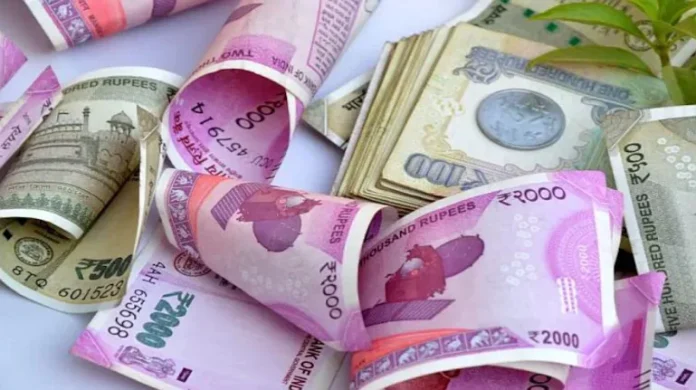Kisan Vikas Patra Kisan Vikas Patra Yojana is a small saving scheme of the post office. People are investing extensively in this scheme. If you are also going to invest in this scheme, then you must know what are the tax rules in this scheme…
Kisan Vikas Patra: Kisan Vikas Patra is a post office scheme. You can start investing in this scheme from Rs.100. If you stay with the scheme for the full term, you get double your investment after 124 months. That is, in 10 years and 4 months, the investor gets double the profit. In this scheme, you are also given tax benefit under section 80-C of the Income Tax Act.
Where is the benefit of taxation available?
Many times investors include the interest received on KVP in their taxable income, while TDS is not deducted on the interest in this scheme. Interest earned from the scheme has to be shown in ITR. Information about these interest has to be shown in 26-C every year.
When is tax due?
Under the Income Tax Act 1961, the investor is not required to get a tax audit done under the Book of Account. Tax is calculated on the rest of the income under section 145. In this scheme, you can earn interest through cash or mercantile. On the other hand, if the investor takes interest on cash basis, then he has to pay tax at the time of maturity. On the other hand, if interest is charged on mercantile basis, then tax has to be paid on the expenditure earned every year.
What to do for tax deduction?
If there is a mismatch in the interest of an investor, then the interest earned year after year and the interest received at maturity can be checked. For this, you have to submit the documents while filing the tax return every year. Under section 194A of the Income Tax Act, there is no tax deduction on the interest received on maturity in this scheme. Whereas in tax self-assessment or advance tax, you do not have to pay any tax on maturity.


